In the chaotic literary landscape of contemporary China, few voices have echoed as defiantly as that of Wang Xiaobo. His peculiar creation—the "Special Pig"—stands not just as a fictional character but as a roaring testament to the absurdity of existence and the unyielding pursuit of intellectual freedom. The pig, an animal traditionally associated with gluttony and docility, becomes in Wang's hands a subversive symbol of resistance, a creature that refuses to be penned in by societal expectations.
Wang Xiaobo’s writing is a deliberate middle finger to conformity. His prose, laced with dark humor and razor-sharp irony, cuts through the pretenses of ideology and moral posturing. The "Special Pig" is no ordinary swine—it questions, it mocks, it revels in its own grotesqueness. In a culture that often demands obedience, the pig’s refusal to play by the rules is nothing short of revolutionary. Wang doesn’t just write stories; he stages rebellions on the page.
Freedom, in Wang’s universe, is not a lofty ideal but a messy, often ridiculous struggle. The pig doesn’t aspire to grandeur; it wallows in the mud, both literally and metaphorically. This is freedom stripped of romanticism—a freedom that stinks, that offends, that refuses to be sanitized. The pig’s very existence is an affront to those who prefer their dissent neatly packaged and palatable. Wang’s genius lies in his ability to make the absurd profound, to find liberation in the most unlikely of places.
Critics have often grappled with how to categorize Wang Xiaobo’s work. Is it satire? Political allegory? Philosophical fiction? The truth is, it defies easy classification. His writing is a chaotic blend of all these elements, delivered with a smirk and a shrug. The "Special Pig" doesn’t offer answers; it revels in the questions. It’s a literary creature that thrives on contradiction, embodying both the futility and the necessity of resistance.
What makes the "Special Pig" so enduringly relevant is its refusal to be co-opted. In an era where even rebellion can be commodified, Wang’s creation remains stubbornly unmarketable. It’s too raw, too strange, too unwilling to conform to the expectations of either the establishment or the counterculture. The pig doesn’t care about being liked or understood. It exists purely on its own terms, and in doing so, it becomes a powerful emblem of true intellectual independence.
Wang Xiaobo’s legacy is a challenge to every writer who dares to pick up a pen. In a world that increasingly demands ideological purity, his work is a reminder that real freedom is messy, uncomfortable, and often absurd. The "Special Pig" isn’t just a character—it’s a call to arms. It invites us to embrace the chaos, to question everything, and above all, to never, ever be tamed.

By /Jul 16, 2025

By /Jul 16, 2025

By /Jul 16, 2025

By /Jul 16, 2025

By /Jul 16, 2025

By /Jul 16, 2025
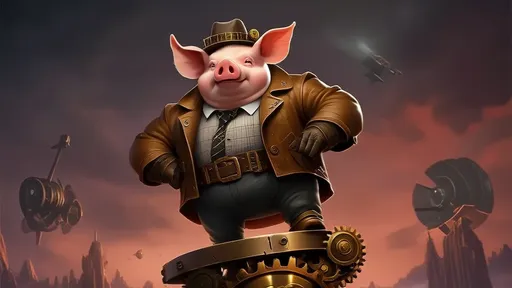
By /Jul 16, 2025
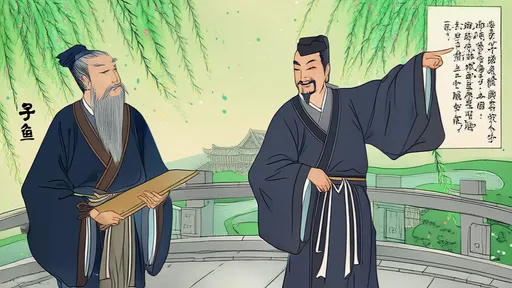
By /Jul 16, 2025
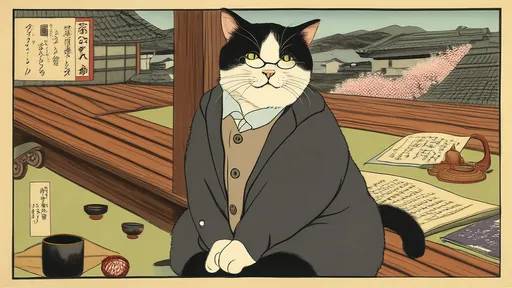
By /Jul 16, 2025
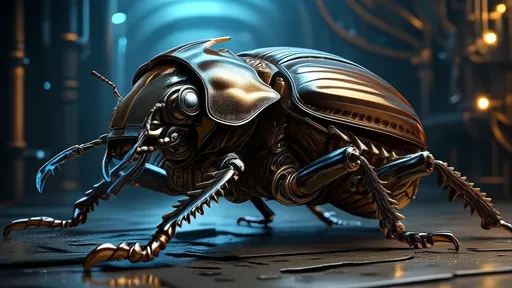
By /Jul 16, 2025

By /Jul 16, 2025
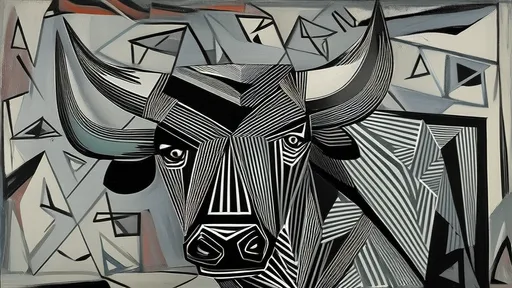
By /Jul 16, 2025

By /Jul 16, 2025
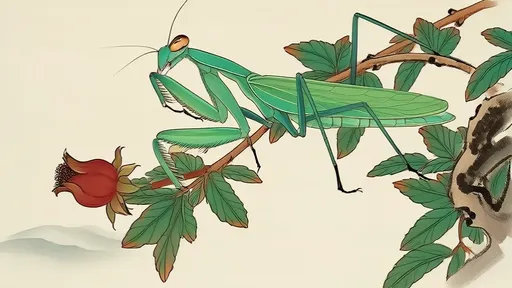
By /Jul 16, 2025
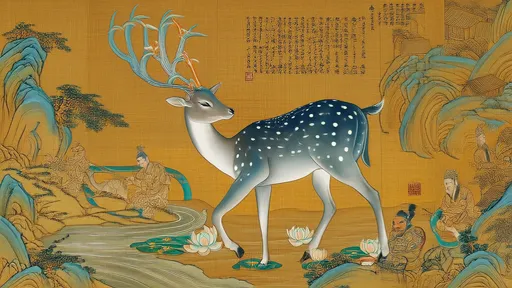
By /Jul 16, 2025

By /Jul 16, 2025

By /Jul 16, 2025
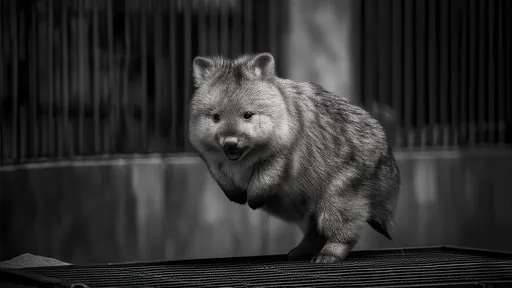
By /Jul 16, 2025
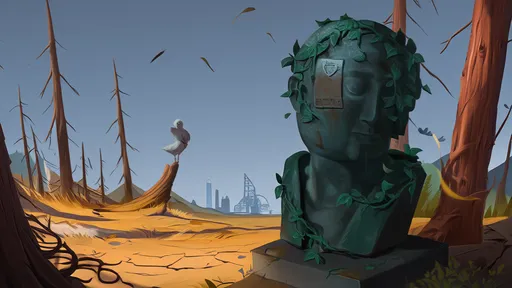
By /Jul 16, 2025

By /Jul 16, 2025